Not all novelists lead a public life. Those who do, however, tend to make a bit of a performance out of it. Beryl Bainbridge’s life, even before she started publishing novels, was an act, and during her period of fame she was famous for presenting herself in a certain way. It was an effective strategy for dealing with life, and because of it Beryl was one of the most widely loved figures of London life. I didn’t know her at all well, but always found her a total delight when she surfaced at literary parties; she had a knack of making you feel that you were going to enjoy looking after her for the next ten minutes. She often cadged a fag off me; once, when her doctor had had a stern word, she begged me to smoke next to her outside a Hatchard’s party so that she could gulp down the smoke. All in that little-girl voice: she was still irresistible then, but the performance in her heyday must have been overwhelming.
It extended to the novels, which are often enchantingly flippant and cruelly penetrating at the same time. They rarely tell the reader when to care, and our emotions are hardly ever awoken by the scenes of conventional drama. Murders are carried out without anyone being blamed for them in The Dressmaker and The Bottle Factory Outing; and in Sweet William, a man walks out on the unmarried mother of his child shortly after she has given birth. We are expected to be amused by these apparent crises, and Beryl’s account, in conversation, of the real-life exit of the father of her third child was played for laughs. Moments of feeling occur elsewhere, unpredictably.
She had been an actress in rep, and knew how easily the mind wanders during deathbed scenes. Born in Liverpool in 1932 (she claimed 1934), she quite early discovered the power she had over men in the shape of German prisoners of war. Her family was respectable, despite a bankruptcy, and she went to fee-paying schools that were keen on good behaviour. She was expelled when found with a dirty poem, and in her teens went on the stage. Acting continued to be a possibility for her for some years; she seems to have been a familiar gamine-ingenue on the Liverpool stage, and was in a very early live BBC television production of Rookery Nook. Her career continued, despite interruptions, and she was rather famously a girlfriend of Ken Barlow’s in an episode of Coronation Street in 1961. The role, a seductive, daffy, somewhat available beatnik in a black polo-neck, must have been an easy one for Beryl.
The story of the 1950s and early 1960s is perfect in its period details — the bedsits, the casual sex, and, of course, the bearded boyfriend glowering through his beard (and, no doubt, duffel coat). Austin Davies was only one of a series of boyfriends, and his and Beryl’s shared attitude to sexual matters might strike us as rather casual in this more censorious age. When Austin went away, Beryl regaled him with a story of how she went back with a stranger to his bedsit and was surprised to be raped. Austin’s reaction could be summed up as ‘poor you’; but he was busy having an affair with a fellow art student, Anne Lindholm. Her pregnancy and (illegal) abortion seem to have pushed Davies and Bainbridge into a tempestuous marriage.
A splendidly entertaining liar and storyteller in real life, Bainbridge became an absorbing novelist without much problem. Her 1970s books are brilliantly entertaining, and often turn out to contain versions of one or more of her liaisons: with a pompous married man in Injury Time; with the father of her third child in the glorious Sweet William. (The heroine had to be made more monogamously devoted; in reality, Bainbridge was putting it about almost as much as the real-life William.)
The novels were undoubtedly advanced by a bizarre publishing conjunction: a phone call one day from another mother at her son’s school turned out to be from the former Anne Lindholm, now Anna Haycraft, married to Colin Haycraft, the owner of the publishing company Duckworth. She had read Bainbridge’s previous novels. ‘They are pretty awful. Have you got anything else?’
Duckworth in the 1970s was remarkable for publishing some first-rate women writers, including Caroline Blackwood, Penelope Fitzgerald and Anna Haycraft herself, under the pseudonym Alice Thomas Ellis. It was also remarkable for the contempt it often showed for its fiction side; one of Haycraft’s sons, who worked in sales, is on record recently as sneering at the ‘egocentric witterings’ of novelists and reasserting his father’s ‘disdain’ for the tribe.
A curious situation now developed. Anna would never go to Beryl’s house — the association with Austin Davies and her traumatic abortion was too strong. They were very public friends, however, despite the fact that Beryl would have a prolonged affair with Colin Haycraft. These connections, immensely in excess of anything that ought to link a writer and their publisher, once led Haycraft, in a downward financial spiral, to try to get Beryl to guarantee his troubled business with her house.
The affair had an effect on Bainbridge’s fiction. As she clearly could not write about it, as she had about others, she turned in the 1980s to a series of historical novels, much admired by prize juries but not up to her previous, scandalous standard. Beryl and Anna had their own well-honed performance. Once, in the 1980s, on a British Council tour of Poland, they attempted to impersonate hotel prostitutes, without succeeding in attracting any clients — a story often related afterwards for the benefit of party guests.
Brendan King’s biography has a rather curious emphasis. Most of it is about Beryl’s life before she started publishing novels, and the last 40 years of her career, full of interest, are dashed through. This is a shame, because her early years and the beatnik period were largely filled with a series of love affairs, each very similar to the last. The problem lies with the author’s approach to the source material. He was, for many years, Bainbridge’s assistant, and he has worked primarily in the immense number of manuscripts she preserved: journals, letters and reflections from her earliest youth.
This material, on the surface, is full of intimate interest, but one soon realises that King’s lengthy quotes from it are self-defeating. Bainbridge was wise to use it simply as a quarry for more considered treatment. As King explains at the outset, much of what her journals and letters contain is invented, and he should have used it with more scepticism. And while Bainbridge was a concise, direct writer, King tends to waffle on, flailing for editorial intervention: ‘Such an act of literary representation could not be considered in a relationship with as potentially explosive consequences as her affair with Colin.’
What is seriously lacking in this biographer is a spirit of adventure, and a willingness to get out there with a microphone. Bainbridge only died in 2010, and was an intrepid social figure. She knew, and was loved by, hundreds of people, all of whom have a good story to tell about her or some special insight. It is astonishing that King has been unable even to winkle any good anecdotes from the few friends of Bainbridge he did interview — A.N. Wilson for a start. He has told a story (not here) of the time he, Peter Ackroyd and Beryl were approached in a pub by a naïve lady collecting for Cancer Research. In turn, each of them gave her the brush-off, but at the end Beryl had second thoughts, and apologetically called her back. ‘I’m sorry we’ve no small change, pet,’ she said. ‘But if it helps — I have actually got cancer.’
Bainbridge was a performer all her life, and the biographer needs to render that flirtatious, raconteur surface of performance. To approach writing Beryl’s life like a biography of Anne of Cleves, having discovered an unusually interesting archive, is to miss the point. Could somebody please put together a volume of good stories about Beryl, along the lines of Simon Nowell-Smith’s collection of Henry James anecdotes, The Legend of the Master?
The post A life of telling stories appeared first on The Spectator.
Got something to add? Join the discussion and comment below.
Get 10 issues for just $10
Subscribe to The Spectator Australia today for the next 10 magazine issues, plus full online access, for just $10.
You might disagree with half of it, but you’ll enjoy reading all of it. Try your first month for free, then just $2 a week for the remainder of your first year.

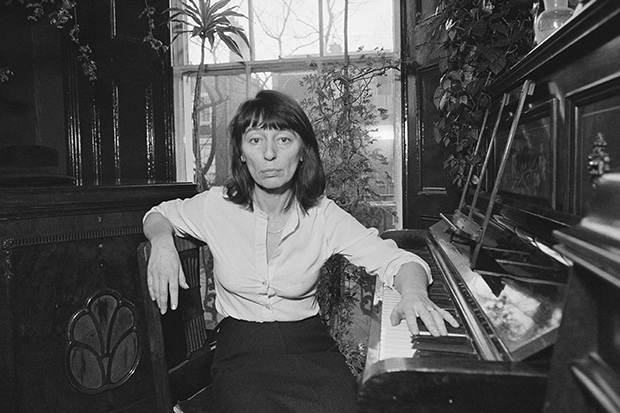
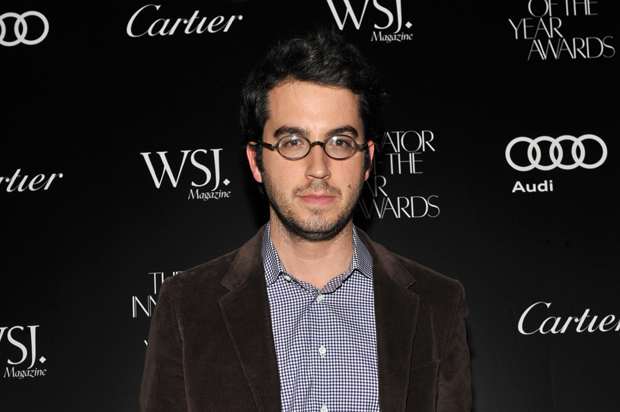
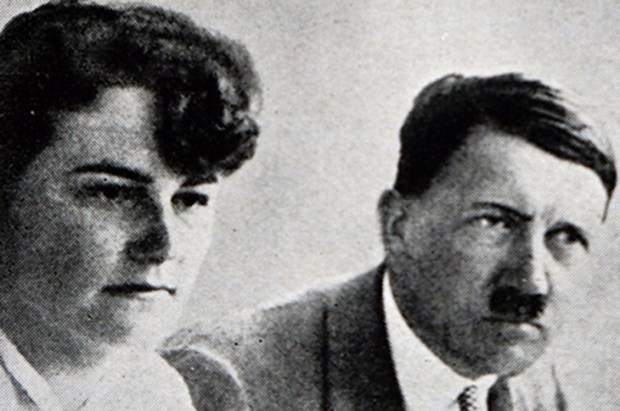
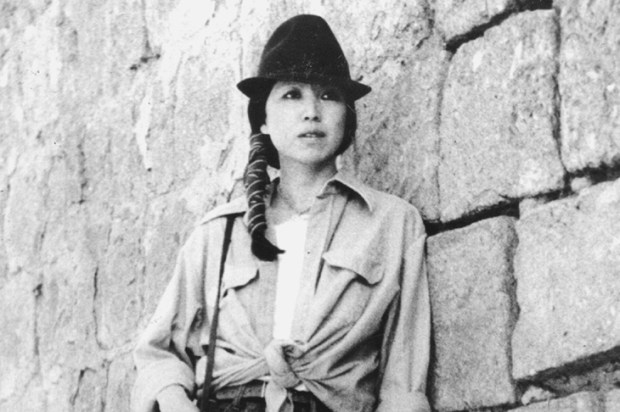
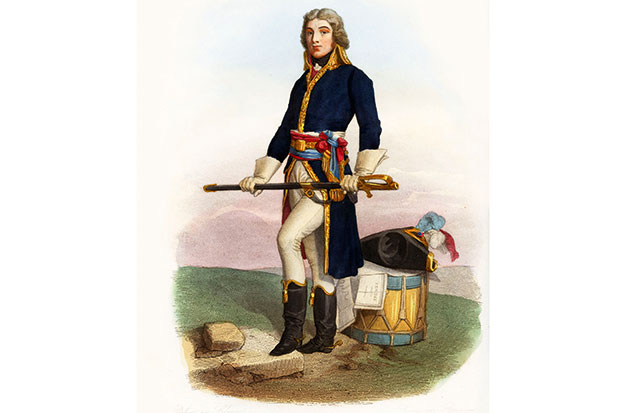
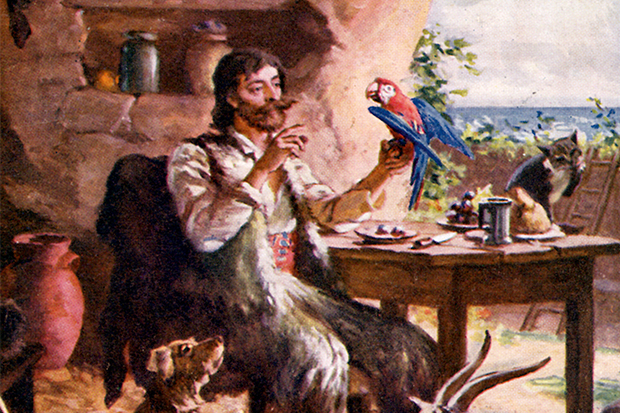
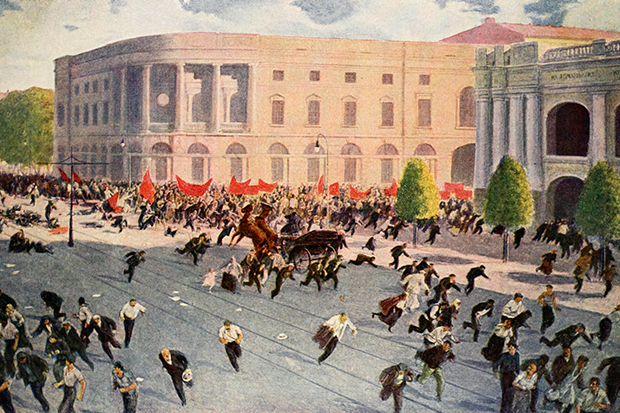






Comments
Don't miss out
Join the conversation with other Spectator Australia readers. Subscribe to leave a comment.
SUBSCRIBEAlready a subscriber? Log in